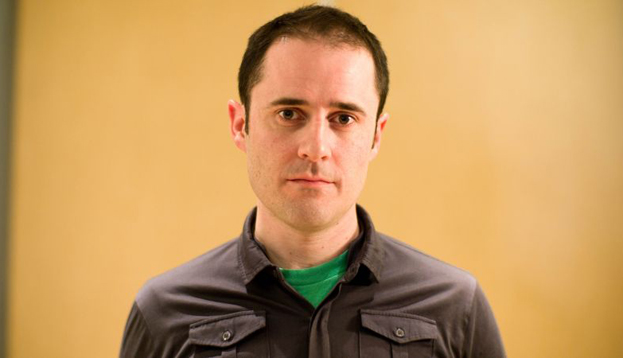Former Twitter CEO and current Medium CEO Ev Williams, in the news for a controversial quote about Instagram surpassing Twitter to become the second largest social network in the United States, is explaining his remarks with an essay posted to Medium today.
The essay, titled “A mile wide, an inch deep”, outlines Williams’ firm belief that sheer traffic — more important to websites than ever before in an age where everyone competes in a “war for attention” — is superficial when compared to time spent engaging with a website.
“We pay more attention to time spent reading than number of visitors at Medium,” Williams explains, “because, in a world of infinite content — where there are a million shiny attention-grabbing objects a touch away and notifications coming in constantly — it’s meaningful when someone is actually spending time.”
The way Williams sees it, it is important for content creators to stand out from an ever-growing pack of distractions by offering viewers a reason to stick around longer.
Medium focuses on their top-line metric, total time reading. Total time reading, according to Williams, is why he didn’t exactly greet their “biggest week ever” by traffic last week with excitement. Though total time reading was still up, it was off 50 percent from an all-time high in early October when traffic was 40 percent lower.
“The problem with time, though,” Williams takes care to point out, “is it’s not actually measuring value. It’s measuring cost as a proxy for value.”
Brevity, after all, is the soul of wit, a statement Williams concurs with by saying his goal as a writer — and the goal of Medium as a platform — is to leave an impression on a reader. “Taking people’s time isn’t really the goal,” he continues, agreeing with BuzzFeed co-founder Jonah Peretti’s opinion that there is no cohesive “God metric” for measuring the value of content.
All in all, Williams concludes, emotionless number-crunching does not produce sustainable success for marketers or businesses. “Trust your gut as much (or more) than the numbers,” he states, invoking unconventional tech giants Apple and Google’s brand-building strategies as examples. “Figure out what matters and build something good.”

